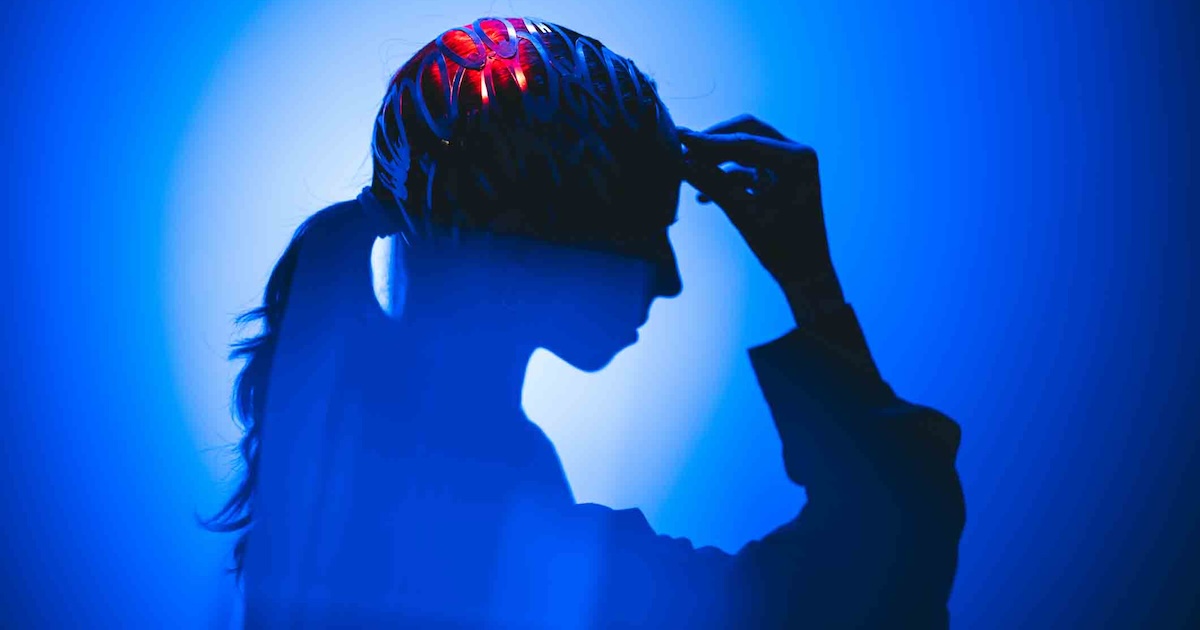A recent study finds that 14 percent of more than 100 hypertension apps now offered in Google Play make medical claims that can't be proven – a continuing point of those seeking more regulatory oversight of the app market.
As published in a recent issue of the Journal of the American Society of Hypertension (JASH), the study examined 107 apps currently available on Google Play and Apple iTunes that directly address hypertension or high blood pressure, and found that several made claims that qualify them as medical devices – such as, that they could use a smartphone camera to accurately measure one's blood pressure.
These apps, the study pointed out, have been downloaded as many as 2.4 million times by consumers.
"None of these apps employed the use of a BP cuff or had any documentation of validation against a gold standard," the study, by a team of researchers led by Nilay Kumar, MD, of the Cambridge (Mass.) Health Alliance, pointed out. "Only 3 percent of the apps were developed by healthcare agencies such as universities or professional organizations."
"A large majority of medical apps designed for (hypertension) serve health management functions such as tracking blood pressure, weight or BMI. Consumers have a strong tendency to download and favorably rate apps that are advertised to measure blood pressure and heart rate, despite a lack of validation for these apps," the study concluded. "There is a need for greater oversight in medical app development for (hypertension), especially when they qualify as a medical device."
The study points to a continuing issue of concern among mHealth advocates – the explosion of mHealth apps marketed to consumers that make some sort of medical claim that can't be proven. Federal regulators, led by the U.S. Food and Drug Administration and Congress, have sought to impose guidelines on the market that define which apps need more stringent regulation – namely, those that function as medical devices – and those which don't need that extra layer of protection. The FDA, working with the Office of the National Coordinator of Health IT and other agencies, issued guidelines this past spring on how it oversees these apps, but there's an ongoing debate over whether the FDA should have regulatory jurisdiction or whether Congress should pass legislation that would set these rules in stone.
It's not the first time that supposed mobile medical apps have been called into question for their claims, and on occasion the FDA has taken action against specific apps. In addition, a 2013 study of dermatology apps conducted by the University of Pittsburgh Medical Center and published in JAMA Dermatology called into question four apps whose makers advertised that they could diagnose melanoma by analyzing photographs of skin lesions.
According to the JASH study, of the 107 apps analyzed, 72 percent had a tracking function, 22 percent featured tools designed to enhance medication adherence, 37 percent featured general information on hypertension and 8 percent featured information on the DASH diet. The majority of apps, the study's authors said, focused on health management functions, but 14 percent of those found on the Google Android store claimed to transform the smartphone into a medical device that could measure blood pressure.


